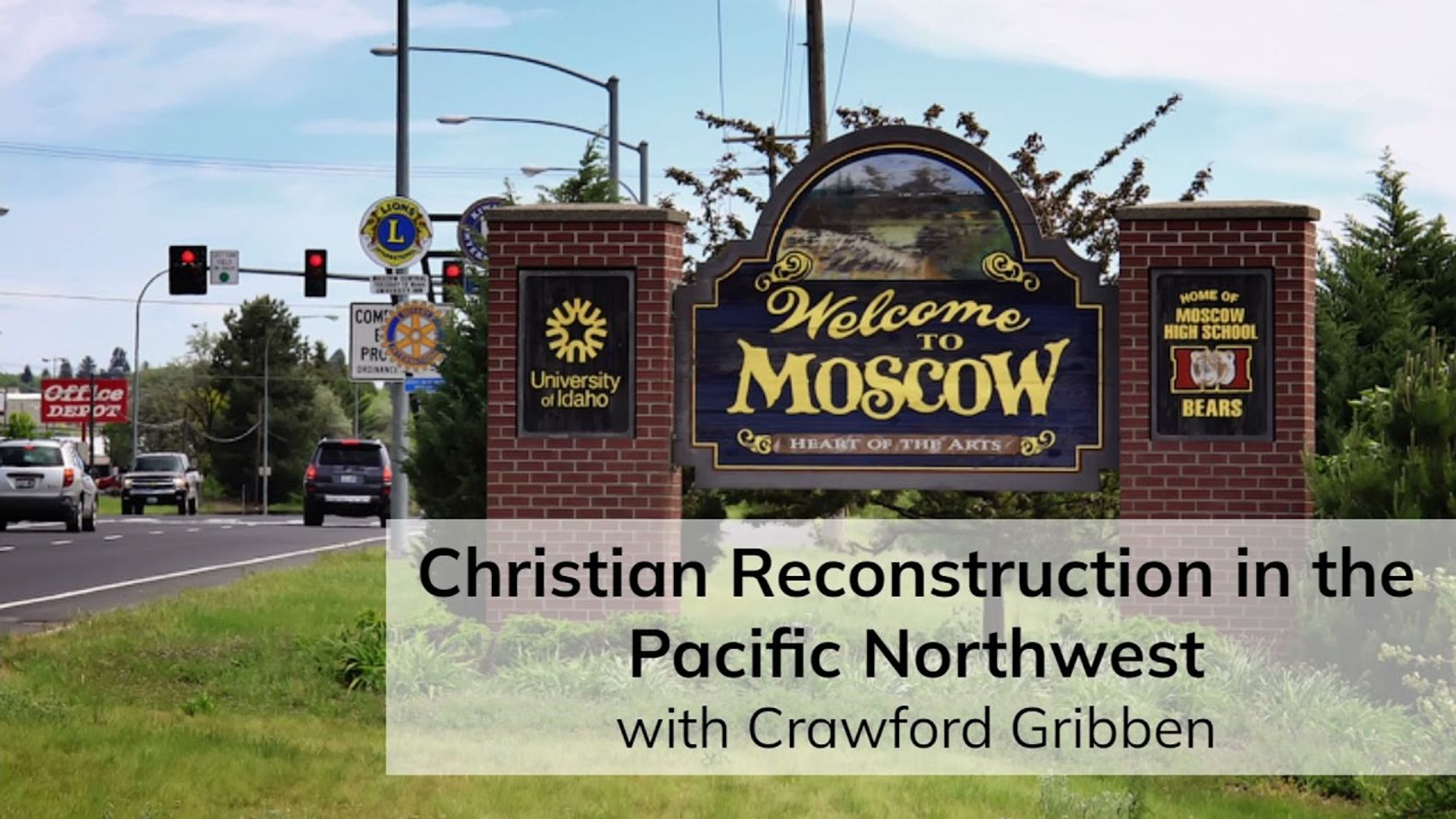Christian Reconstruction in the Pacific Northwest (with Crawford Gribben)

Crawford Gribben, author of the book 'Survival and Resistance in Evangelical America: Christian Reconstruction in the Pacific Northwest' (https://amzn.to/3tvPBPS), joins me for a discussion of movements downstream of Christian Reconstruction and the attraction and impact of Moscow, Idaho. He is also the author of the book 'The Rise and Fall of Christian Ireland', released earlier this week (https://amzn.to/2YODmmn).
Those interested in learning more about this subject might also appreciate Michael McVicar's appearance on my podcast (https://adversariapodcast.com/2020/08/13/r-j-rushdoony-and-christian-reconstruction-with-michael-mcvicar/).
If you have enjoyed my videos and podcasts, please tell your friends. If you are interested in supporting my videos and podcasts and my research more generally, please consider supporting my work on Patreon (https://www.patreon.com/zugzwanged), using my PayPal account (https://bit.ly/2RLaUcB), or by buying books for my research on Amazon (https://www.amazon.co.uk/hz/wishlist/ls/36WVSWCK4X33O?ref_=wl_share).
The audio of all of my videos is available on my Soundcloud account: https://soundcloud.com/alastairadversaria. You can also listen to the audio of these episodes on iTunes: https://itunes.apple.com/gb/podcast/alastairs-adversaria/id1416351035?mt=2.
More From Alastair Roberts
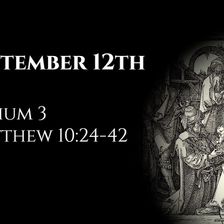
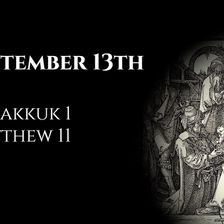
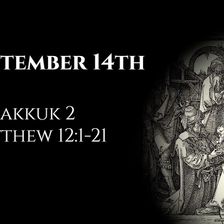


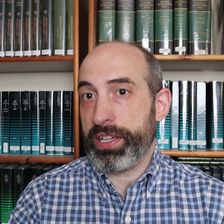
More on OpenTheo















